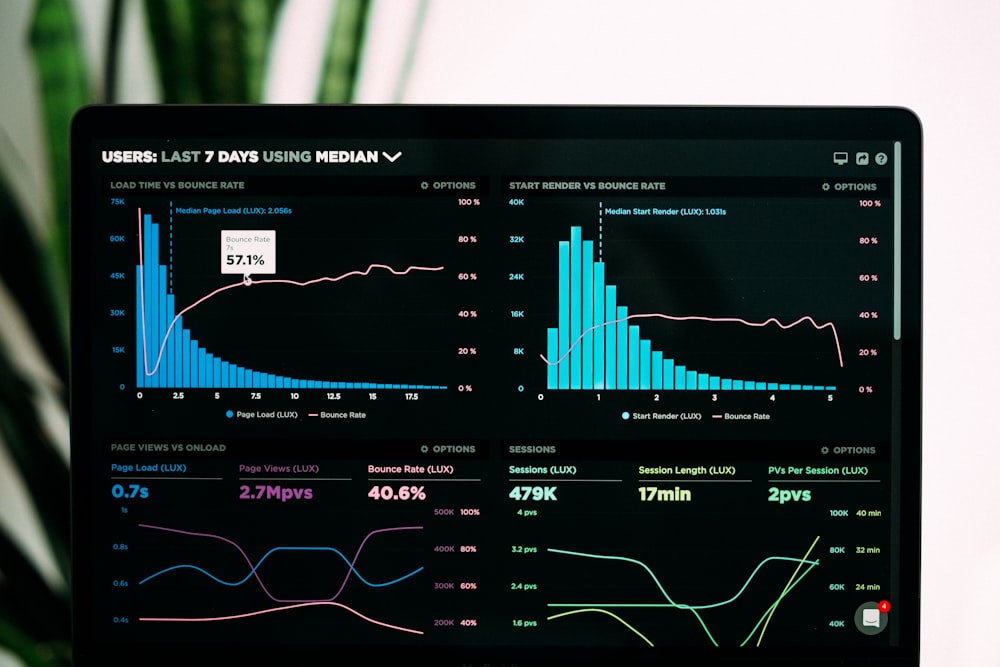The decision comes amid a backdrop of recent investment in power infrastructure and lower industrial activity in the country, resulting in surplus electricity that the government plans to reallocate for tech development. By turning these idle resources into productive uses, Pakistan aims not only to promote Bitcoin mining but also to establish AI data centers that could generate significant economic returns.
With this strategy, the country hopes to attract both local and international investors, generate new tax revenue, and improve its foreign exchange reserves. Bilal Bin Saqib, the Head of Crypto Council, referred to this initiative as a 'turning point' for the economy and emphasized the importance of clear regulations to maximize this transition's potential.
Pakistan is drawing comparisons with other countries in Asia, such as Kazakhstan and Japan, that have also legalized Bitcoin mining. By establishing a regulated environment for digital growth, these nations have successfully taken steps to pursue a crypto-forward economic strategy.
This 2,000MW commitment signifies not just an energy allocation, but a comprehensive vision aimed at creating a thriving digital economy, generating job opportunities, particularly in tech fields like AI and blockchain, and preparing the workforce for future advancements in technology.




